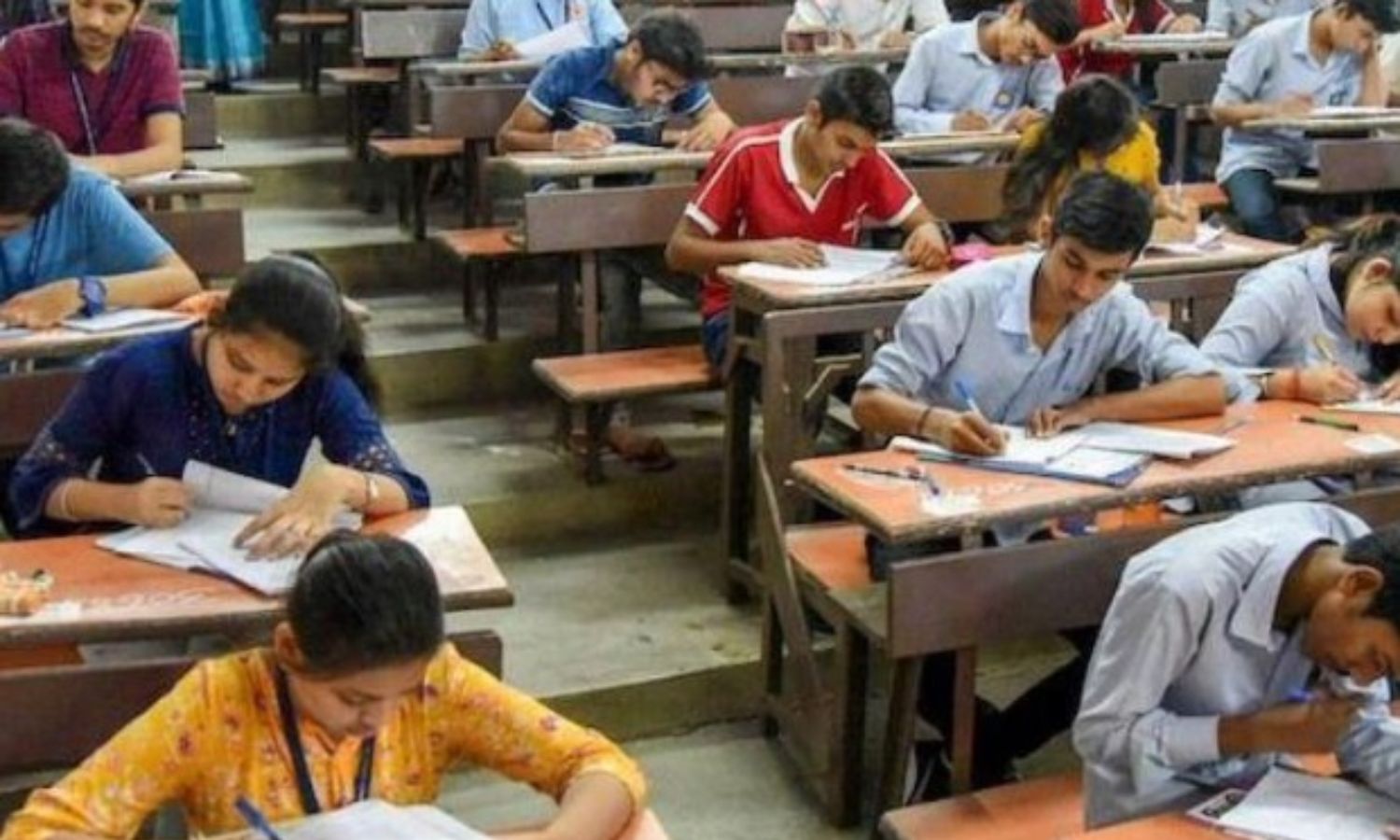Sustainable models: Reimagining economics of rural higher education
Innovative solutions from Tamil Nadu, where HEIs are leveraging local resources, community partnerships, and digital platforms to generate revenue, offer a blueprint for policymakers to ensure equitable, quality education without financial strain

The pre-dawn hours at Gandhigram Rural Institute reveal a microcosm of India's higher education paradox. As agriculture students begin their morning milking rounds, their routine embodies a quiet revolution against the chronic underfunding plaguing rural institutions. With 72% of India's higher education institutions located in rural areas yet receiving only 34% of total funding (AISHE 2022), the financial sustainability crisis demands urgent national attention. Tamil Nadu's pioneering models, when examined alongside complementary innovations across India's diverse educational landscape, present a compelling blueprint for systemic transformation, one that harmonises financial viability with social inclusion and academic excellence.
Gandhigram Rural Institute's dairy enterprise exemplifies the untapped potential of asset monetisation in rural higher education. The institute's 200-acre operational farm, managed through student-led cooperatives, generates Rs 2 crore annually while functioning as a living laboratory for animal sciences (GRI Annual Report 2023). This model's sophistication lies in its circular economy approach, where profits fund scholarships for 32% of students, predominantly from agrarian families, who in turn contribute to improving herd productivity through their research. The dairy's success has enabled tuition fees to remain at Rs 12,000 annually, 40% below state averages, while financing precision agriculture technologies that benefit surrounding farming communities.
Alagappa University's marine sciences department demonstrates how intellectual capital can be leveraged through community-embedded models. The department's knowledge-value exchange with fishing cooperatives, where 5% of increased catch value funds university research, has created a self-sustaining ecosystem (University Records 2023). Seven research vessels have been acquired since 2020, manned by students who document traditional fishing knowledge while piloting sustainable practices. This reciprocal arrangement has increased fisherfolk incomes by 22% while providing unparalleled field training opportunities, a case study in how rural HEIs can drive regional development.
The ingenuity displayed in Tamil Nadu finds resonance across India's diverse educational topography through context-specific adaptations. In the Himalayan region, Himachal Pradesh University has transformed its temperate agriculture research station into a premium testing ground for apple cultivars, generating Rs 1.2 crore annually through partnerships with horticulture startups (HPU Financial Report 2023). The revenue funds the cold storage infrastructure that benefits both student researchers and local farmers.
Maharashtra's Dr Punjabrao Deshmukh Krishi Vidyapeeth has commercialised its expertise in dryland farming through consultancy services for watershed projects, creating a Rs 3.5 crore revenue stream that supports farmer training programs (University Annual Report 2023). The institution's lab-to-land approach demonstrates how academic expertise can be monetised while fulfilling rural outreach mandates. Kerala's fisheries universities have pioneered a unique boat-sharing model with coastal communities, where research vessels double as training platforms during off-seasons, reducing capital expenditure by 40% while increasing student field exposure (CMFRI Study 2023).
The digital revolution has enabled vernacular institutions to overcome geographical constraints. Odisha's Centurion University has packaged tribal agricultural wisdom into certified online courses in Santali and Ho languages, generating Rs 1.8 crore annually while preserving indigenous knowledge systems (University Records 2023). Similarly, Government Arts College in Melur has monetised its Tamil video lectures on traditional water management through ed-tech partnerships, with royalties funding digitisation of rare palm-leaf manuscripts (College Administration 2023).
Three transformative principles emerge from these case studies. First, asset democratisation converts underutilised physical infrastructure into revenue-generating pedagogical assets. Second, knowledge valorisation treats local expertise as intellectual property with market value. Third, community embeddedness creates reciprocal relationships where academic and economic benefits flow both ways.
However, current policy frameworks seem misaligned with these innovations. The University Grants Commission's 2022 guidelines on earned revenue generation (UGC 2022) fail to address fundamental structural barriers. Land use regulations prohibit most commercial activities on academic campuses, while fiscal policies require 50% of auxiliary income to be surrendered to state treasuries. Accreditation parameters continue to undervalue community-engaged scholarship in favour of conventional research outputs. A meaningful response requires systemic interventions. Academic enterprise zones with special designations could allow rural HEIs to conduct limited commercial activities, with tax incentives for community-impact projects. A Rs 500 crore rural education innovation fund seeded through corporate CSR contributions and matched by state governments could prioritise revenue-generating projects with social impact. New quality assurance parameters valuing place-based knowledge production and community engagement alongside traditional research outputs would better reflect institutional missions.
The Rajasthan government's 2023 pilot allowing agricultural universities to retain 75% of commercial income has already shown promising results, with participating institutions reporting 28% higher infrastructure investments (RHED Report 2023). This demonstrates the potential of progressive policy experimentation when aligned with ground realities. As India pursues its 50% gross enrolment ratio target (NEP 2020), the financial sustainability of rural HEIs cannot remain an afterthought. The Tamil Nadu experience, amplified by complementary innovations across India, proves that with imaginative leadership and enabling policies, rural institutions can transition from surviving on scraps to driving regional knowledge economies. The true measure of success lies beyond balance sheets; it resides in the first-generation learner accessing education through a dairy-funded scholarship, the fishing community benefiting from university research, and the tribal knowledge systems finding new relevance in digital marketplaces.
The morning mist rising over Gandhigram's dairy unit carries more than the scent of fresh milk; it bears the promise of an education system that sustains and is sustained by the land, knowledge, and people it serves. This vision, when scaled nationally through thoughtful policy and institutional innovation, can transform rural higher education from India's challenge to its greatest opportunity.
Thakur is Professor and Dean at Vinayaka Mission’s School of Economics and Public Policy, Chennai

